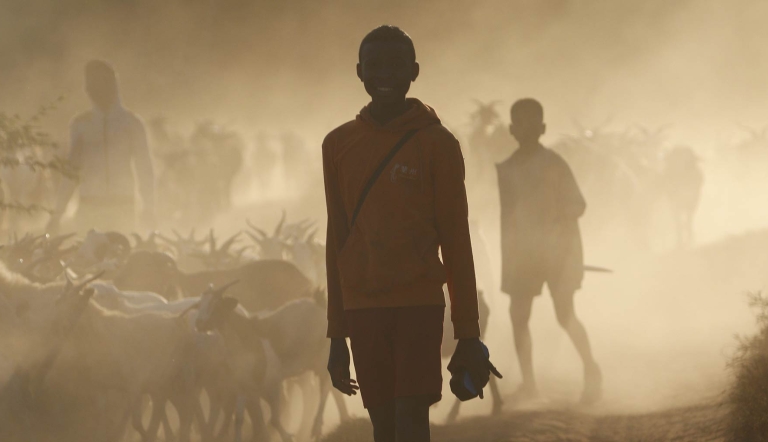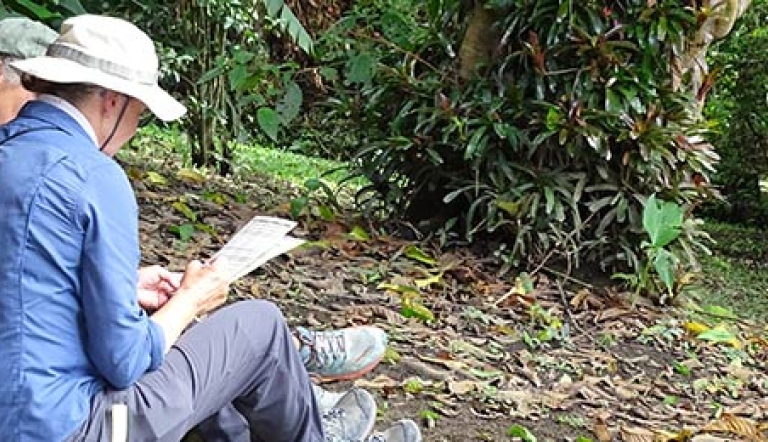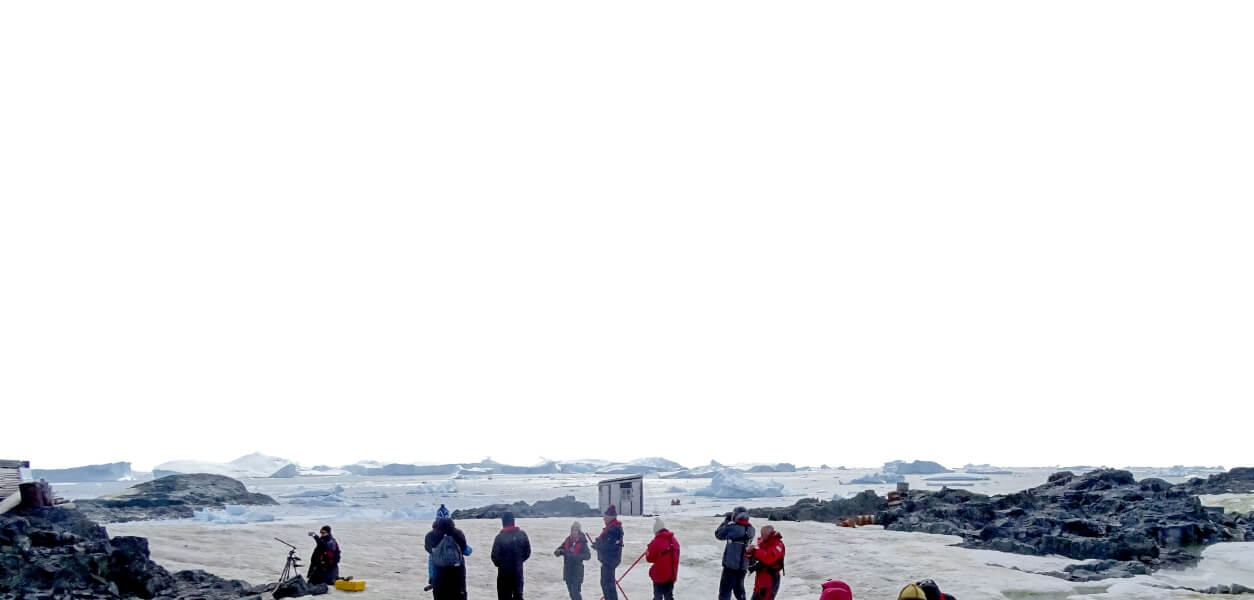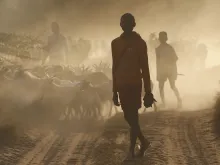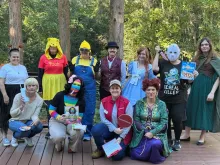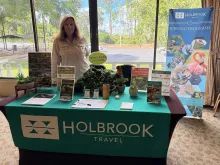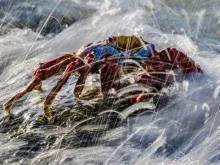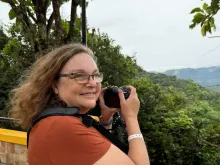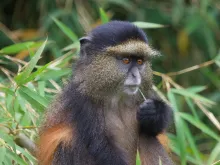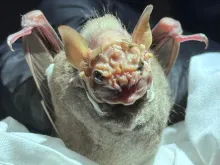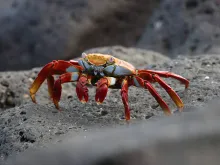Read part 1 of this story.
Alicia Pressel fell in love with Costa Rica on a high school trip in 1998. Twelve years later, she returned to the country that changed her life.
This time, she was on a Geographic Information System-based sustainable development program.
Pressel, who teaches high school environmental sciences in Jacksonville, Fla., noticed a much more developed Pacific Coast than she remembered.
“It [urban and suburban development] comes with its own set of challenges,” she said.
The focus of the trip was to pinpoint what, exactly, the influx of tourism means for the biosphere.
Using GIS technology, mapped turtle and whale migration patters off the Costa Rican coast. They also talked with ASANA about tapir conservation along the Mesoamerican biological corridor.
The endangered tapir’s habitat has become fragmented, making coastal migrations difficult.
“It’s more about that bigger pictures than myself personally making a change,” Pressel said. “It’s more about giving others a chance to spread the word.”
Since returning to the U.S., she has used GIS technology in her classroom to compare the Jacksonville area to Uvita, the Costa Rican town they stayed in.
In the future, she hopes to take her class to see the country in person. Until then, they’re working to establish a pen pal relationship with one of the coastal schools Pressel visited.
“There’s so much out there beyond our own classrooms and communities,” she said. “Traveling can open up your perspective in ways you couldn’t imagine. I hope it gives my students a desire to broaden their futures as well.”
Trip leaders Roger and Anita Palmer have led field-based GIS programs worldwide. In Costa Rica, they taught the participants how to effectively use the technology for sustainable development.
“They’re really making a difference in these communities,” Holbrook travel consultant Debbie Sturdivant said.
Uvita falls in the center of the whale migration route. After using GIS technology to generate maps of the migration paths, the group turned the project over to the people of Uvita. They hope that the town can encourage ecotourism and conservation efforts based around the traveling whales.
The Palmers share their extensive knowledge with locals as well.
Student members of Grupo SURF, a community youth program in Costa Rica, applied their training to solve the trash problem in their community.
Using GIS maps, students located the highest concentration of trash in the community. They put decorated trashcans in identified trash hot spots.
Along the way, they picked up the rubbish, separated recyclable and non-recyclable items and made art from some recyclables to sell to tourists.
In Sarapiqui, Costa Rica, citizen scientists on the Palmers’ GIS trip mapped the geography of the Selve Verde Lodge and took water quality samples in the region. This information is now internationally available.
The Palmers aren’t just a wealth of knowledge. They are gracious as well, according to Pressel.
When the airline lost her bags for three days, she wore Anita’s shirts and Roger’s shorts and boots.
“They outfitted me for three days,” she said.
Although she is back in Jacksonville now, she still has vivid memories of 6 a.m. bird watching walks, 40 howler monkeys swinging through the lodge and watching a pod of whales with their calves swim by.
“You certainly can not experience this from the comfort of your hotel,” she said. “The location is amazing.”
Up Next...
Learning, Connecting, and Birdwatching at the Belize Birding Festival
Guest post by Holbrook Ambassador Debbie JordanEarlier this month, I was honored to represent Holbrook as the keynote speaker at the fifth annual Belize Birding Festival. Way down in the southeast co
Photo of the Month: November 2025
Above: On the way to see baobab trees at sunset on the red dirt roads in the bush of Madagascar, we stopped as the young goat herders crossed directly in front of us, looking like majestic figures in the sunlit, dusty glow. It felt like the scene of a movie, and this photo captured the feeling of that moment perfectly.
eBird Trip Reports: South Africa
Want to know which species other Holbrook travelers have seen on their birding trips to South Africa? Check out these eBird trip reports shared by past groups to see their checklists and get an idea of what you might encounter on your own birding expedition.


